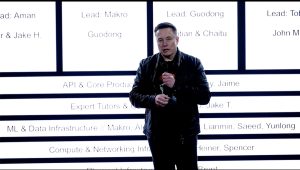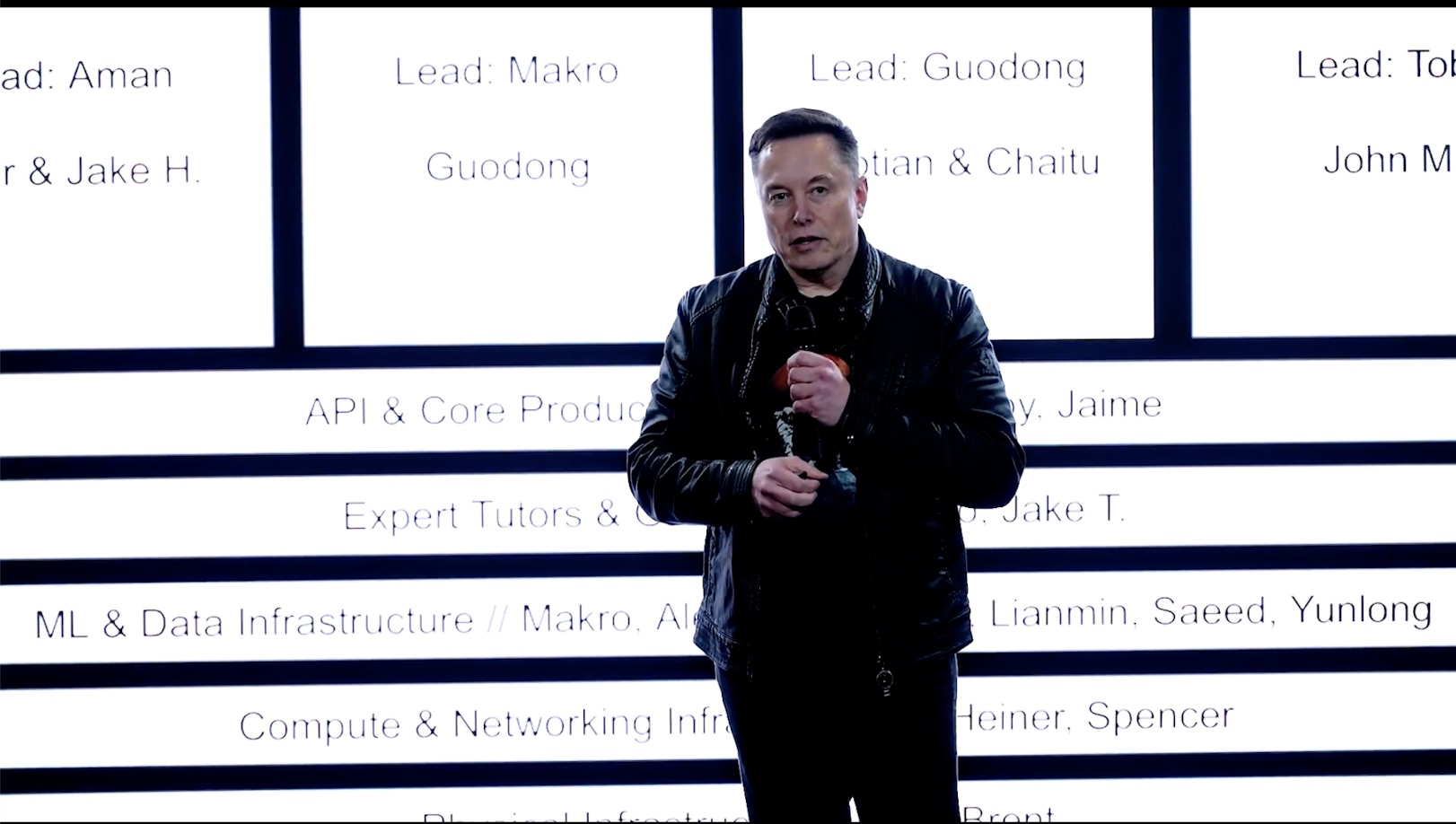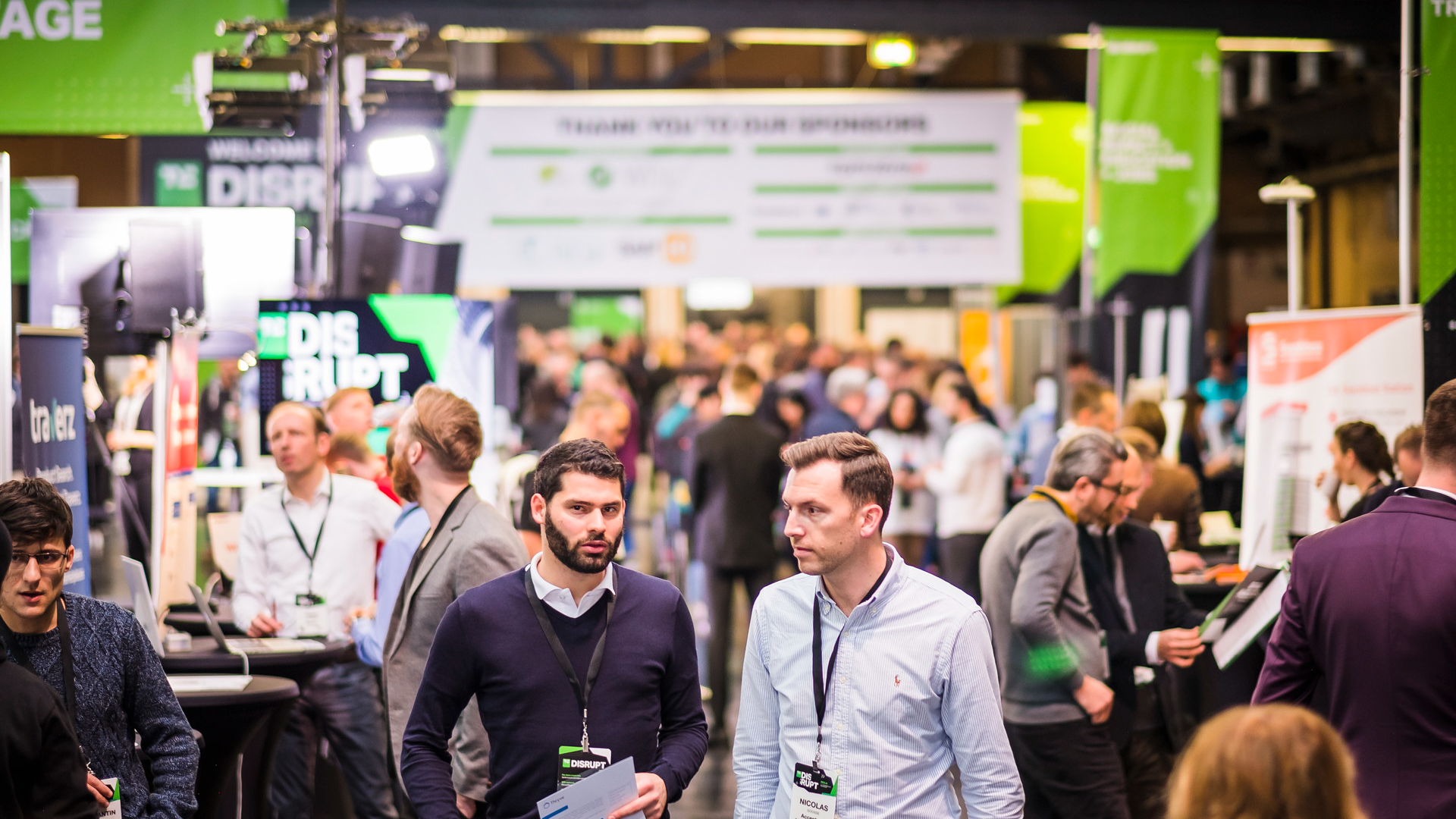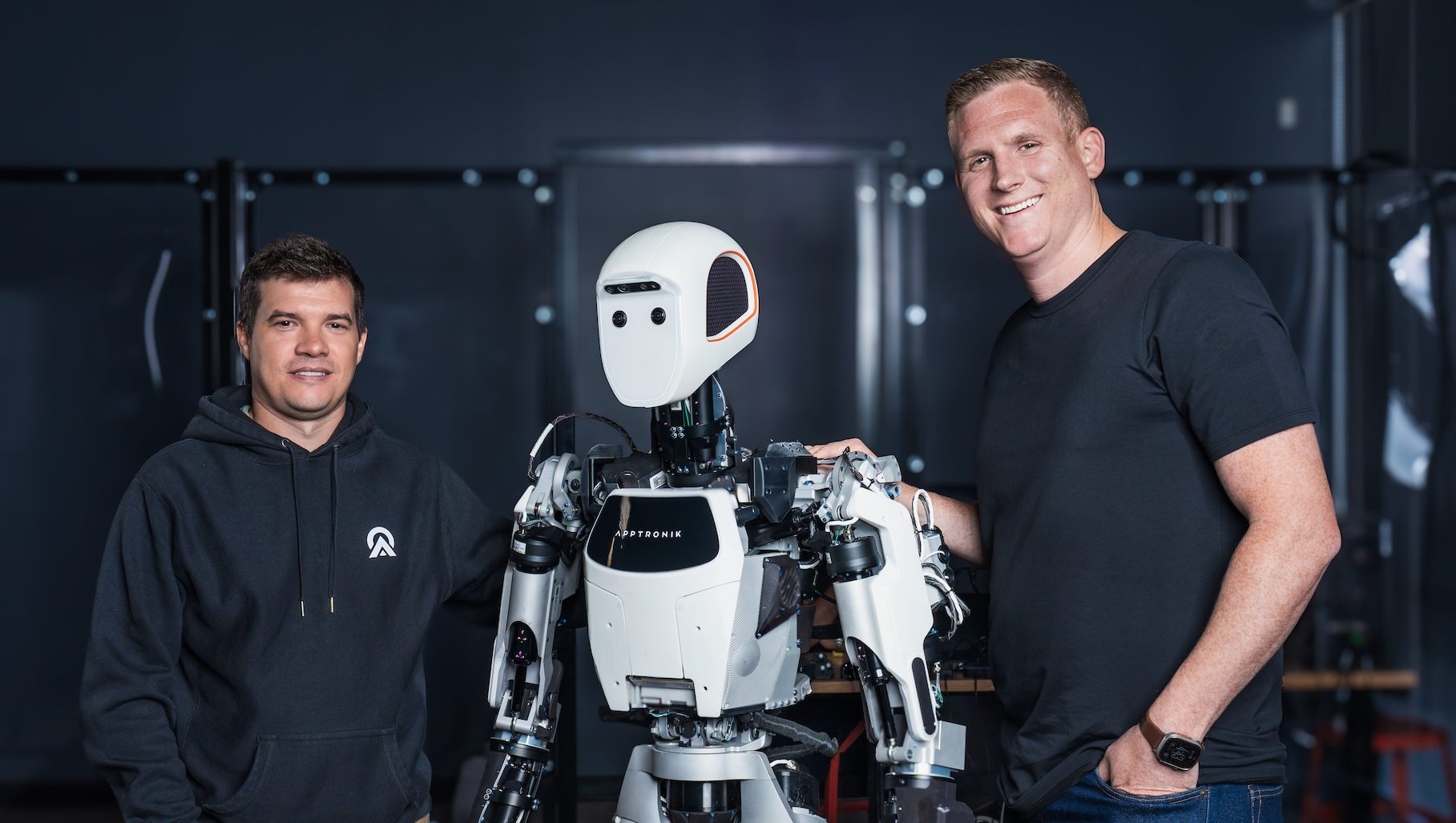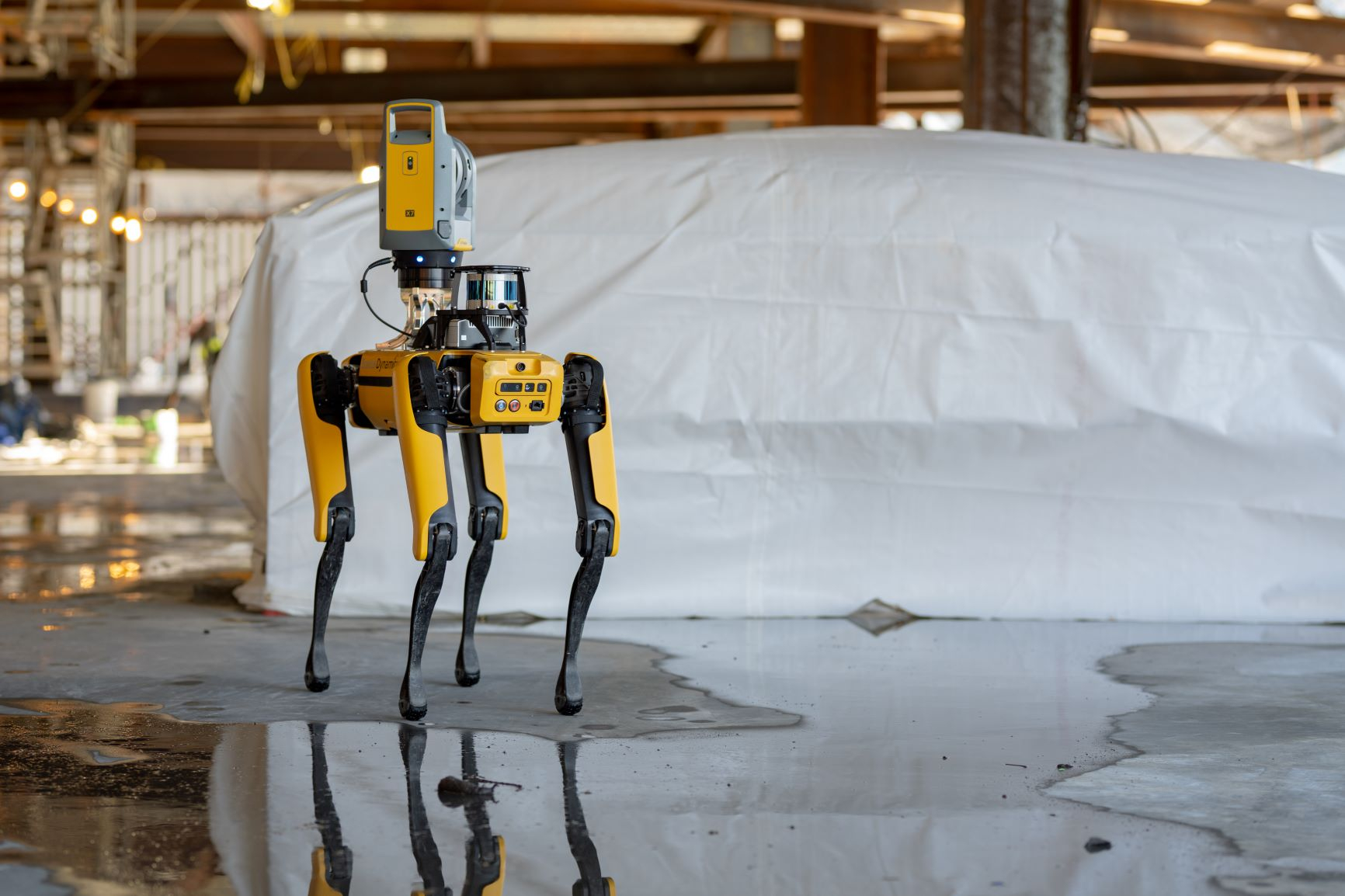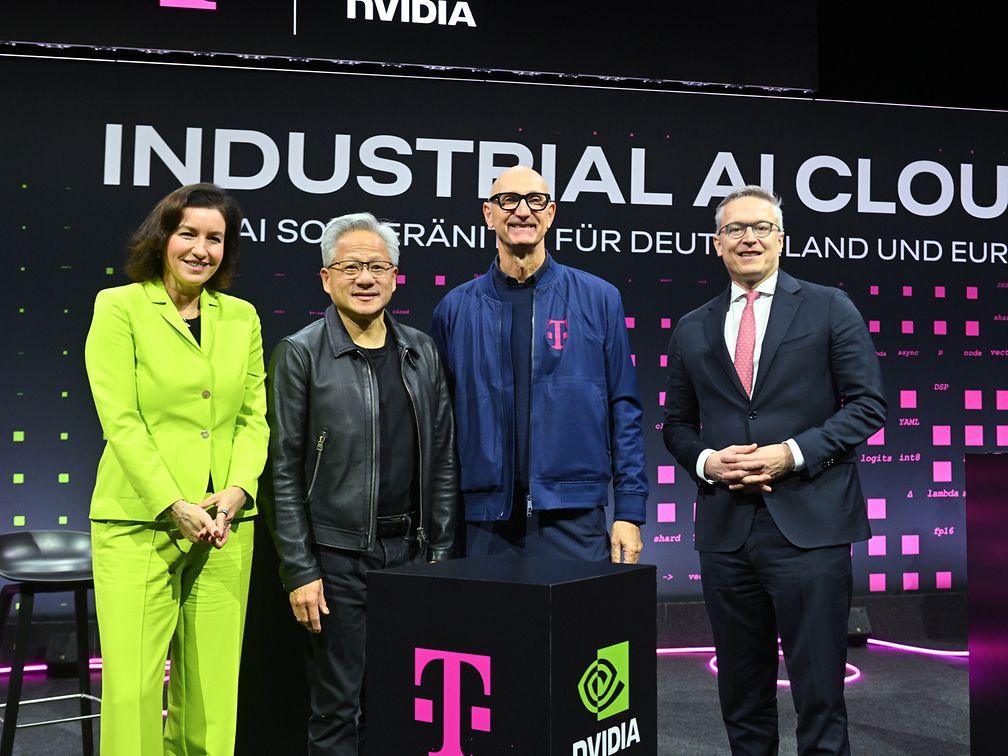
A monumental collaboration between technology giant Nvidia and telecommunications leader Deutsche Telekom is poised to significantly bolster Germany’s artificial intelligence capabilities and fortify its digital sovereignty. The two companies have formally announced a €1 billion ($1.15 billion) partnership to establish an advanced AI computing center in Munich, a strategic move designed to elevate Germany’s national AI processing capacity by a substantial margin. This ambitious undertaking, dubbed the "Industrial AI Cloud," is envisioned as a critical infrastructure project, providing cutting-edge AI inferencing and diverse computational services to German enterprises, all while meticulously adhering to stringent German data protection and sovereignty regulations.
The Strategic Imperative: Digital Sovereignty and Industrial AI
This partnership emerges against a backdrop of intensifying global competition in artificial intelligence and a growing European emphasis on digital autonomy. For years, European policymakers and industry leaders have voiced concerns over the continent’s reliance on foreign technology infrastructure and service providers. Calls for fostering homegrown alternatives and reducing external dependencies have grown louder, particularly as AI transforms virtually every sector of the economy. Germany, a traditional powerhouse in mechanical engineering and industrial manufacturing, recognizes AI as an indispensable tool for maintaining its competitive edge and driving the next wave of industrial innovation, often referred to as Industry 4.0.
The "Industrial AI Cloud" is specifically tailored to serve Germany’s robust industrial landscape. By establishing a dedicated, in-country AI infrastructure, the initiative directly addresses the critical need for secure and compliant processing of sensitive industrial data. This focus on data sovereignty is paramount for German companies, particularly those in sectors like automotive, healthcare, and advanced manufacturing, where proprietary information and intellectual property are invaluable. The ability to process AI workloads within national borders, governed by domestic laws, provides a layer of trust and security that is often a prerequisite for widespread AI adoption in highly regulated industries.
Nvidia’s Global Play and Europe’s AI Ambitions
Nvidia, currently a dominant force in the global AI hardware market, is strategically deploying its considerable financial resources to cement its position as the primary enabler of the AI revolution. The company’s Graphics Processing Units (GPUs) are the computational backbone for most advanced AI models, making its technology indispensable for developing and deploying large language models, computer vision systems, and complex simulations. This investment in Germany signifies Nvidia’s continued commitment to expanding its global footprint and deepening its integration into key regional economies. By partnering with Deutsche Telekom, Nvidia gains access to a robust European network and a direct pathway into Germany’s powerful industrial sector.
For Europe, this collaboration represents a significant, albeit independently driven, step towards realizing its ambitious AI agenda. The European Union has articulated a clear vision for AI development, encapsulated in initiatives like the AI Act, which aims to establish a framework for trustworthy AI, and financial commitments totaling €200 billion towards "AI gigafactories" across the continent. These gigafactories are intended to focus on industrial and mission-critical applications, aligning closely with the scope of the "Industrial AI Cloud." While Deutsche Telekom has clarified that its Munich project operates independently of the EU’s specific gigafactory initiative, it undeniably contributes to the broader objective of strengthening European AI infrastructure and reducing the perceived gap in AI investment compared to regions like the United States and China. The U.S. has seen hundreds of billions poured into massive data centers by tech giants like Microsoft, Google, and Oracle, fostering an environment of rapid AI model and service development.
Inside the "Industrial AI Cloud": Technology and Applications
The technical foundation of the "Industrial AI Cloud" is nothing short of state-of-the-art. The facility will be equipped with over 1,000 Nvidia DGX B200 systems and RTX Pro Servers, featuring up to 10,000 of Nvidia’s cutting-edge Blackwell GPUs. The Blackwell architecture, representing the pinnacle of current GPU technology, is engineered for unparalleled performance in both AI training and inferencing workloads. The DGX systems are purpose-built for enterprise-grade AI, offering scalable and secure platforms for developing and deploying complex AI models. This immense computational power is designed to handle the most demanding AI tasks, from training sophisticated neural networks to executing real-time inferencing for operational applications.
Deutsche Telekom will provide the essential physical infrastructure for the project, leveraging its extensive expertise in network and data center operations. Complementing this, SAP, a global leader in enterprise software, will contribute its business technology platform and applications, creating a comprehensive ecosystem for industrial AI development and deployment. This synergy of hardware, infrastructure, and software platforms is crucial for creating a holistic and accessible AI environment for German businesses.
Early adopters and key partners underscore the diverse applications envisioned for the "Industrial AI Cloud." Agile Robots, for instance, will utilize its advanced robotic systems to facilitate the installation of server racks within the facility, showcasing an immediate, tangible application of AI and automation in data center management itself. Perplexity, an AI-powered search engine, plans to leverage the data center to provide "in-country" AI inferencing services to German users and companies, ensuring that queries and data processing remain within Germany’s jurisdictional bounds. Beyond these initial partners, the project aims to support a wide array of industrial use cases. Prominent among these are:
- Digital Twins: Virtual replicas of physical assets, processes, or systems, allowing for real-time monitoring, simulation, and optimization. In manufacturing, digital twins can predict equipment failures, optimize production lines, and facilitate virtual prototyping, leading to significant cost savings and efficiency gains.
- Physics-based Simulation: High-fidelity simulations that accurately model physical phenomena, crucial for product design, material science, aerodynamics, and complex engineering challenges. This capability will empower German companies to innovate faster and more cost-effectively.
- AI Inferencing for Edge Devices: Processing AI models directly on data at the point of collection, such as sensors or industrial robots, enabling real-time decision-making and autonomous operations without constant reliance on cloud connectivity.
Economic Ripple Effects and the Path Ahead
The establishment of the "Industrial AI Cloud" is anticipated to generate significant economic ripple effects across Germany. Beyond the direct investment and job creation associated with building and operating such a facility, it is expected to act as a catalyst for innovation across various industries. By providing accessible and sovereign AI computing resources, it can lower the barrier to entry for small and medium-sized enterprises (SMEs) looking to integrate AI into their operations, fostering a more dynamic and competitive business landscape. This could attract further investment in Germany’s tech sector, drawing both domestic and international talent and capital.
Deutsche Telekom CEO Tim Höttges articulated the broader vision for the project, stating, "Mechanical engineering and industry have made this country strong. But here, too, we are challenged. AI is a huge opportunity. It will help to improve our products and strengthen our European strengths." His commentary underscores the national strategic importance placed on this initiative, viewing AI not just as a technological advancement but as a fundamental tool for preserving and enhancing Germany’s industrial prowess on the global stage.
The project is slated to commence operations in early 2026, marking a pivotal moment for Germany’s digital infrastructure. Its independence from the broader EU AI gigafactory initiative highlights a pragmatic approach, allowing for swift execution while still aligning with overarching European goals. This private sector-led investment demonstrates a proactive response to the perceived funding disparities in European AI infrastructure compared to other global players.
A Model for European Digital Autonomy?
The Nvidia-Deutsche Telekom partnership could serve as a blueprint for other European nations seeking to bolster their AI capabilities and digital sovereignty. It exemplifies a model where global technology leaders collaborate with national champions to build essential infrastructure, ensuring that advanced computing resources are not only available but also compliant with local regulatory frameworks. This balance between leveraging global innovation and protecting national interests is a complex challenge, and the "Industrial AI Cloud" represents a significant step in navigating this landscape.
However, the path ahead is not without its challenges. The rapid pace of AI development necessitates continuous investment and adaptation to stay at the forefront of technology. Attracting and retaining top AI talent, ensuring seamless integration of diverse industrial applications, and managing the evolving regulatory environment will be critical for the long-term success of the "Industrial AI Cloud." Nevertheless, this €1 billion commitment signifies a powerful statement of intent from Germany and its partners: to actively shape its AI future, ensuring that its industrial might is augmented, rather than overshadowed, by the ongoing digital transformation.
